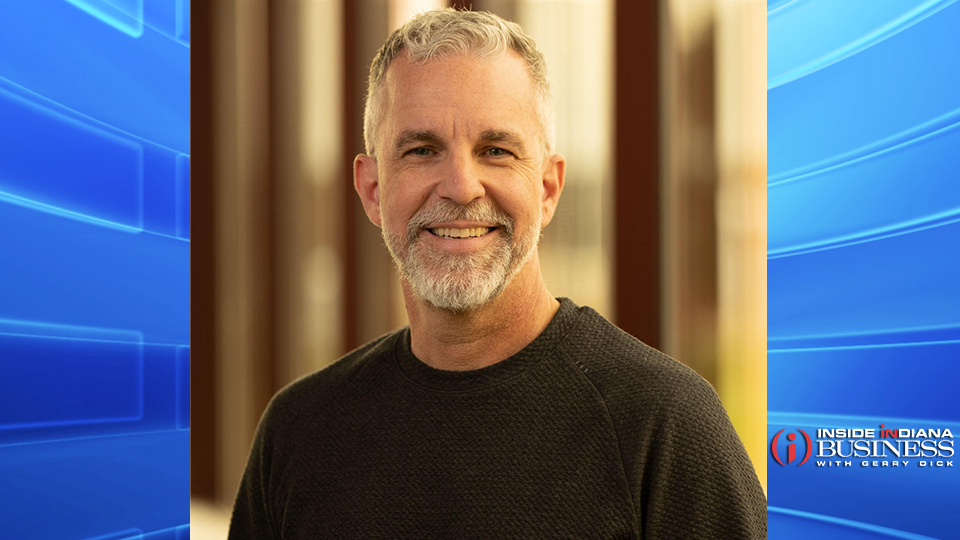The right foundation makes new technology deployment a breeze
Subscriber Benefit
As a subscriber you can listen to articles at work, in the car, or while you work out. Subscribe Now
Making the decision to scale to a new technology can be terrifying for companies. Their leaders recognize the longer-term advantages the new technology offers, but transitions are rarely as smooth or problem-free as they hope — and each hard-earned bruise lessens their appetite for what’s available next.
Unless they’re working with a partner who handles the transition on their behalf, that is. When promising new technologies become available, the model for business process outsourcing (BPO) we created makes the move simple and painless. Put another way, we make sure the business isn’t punished for taking a step to become more efficient.
Take the recent experience of a national retail shipping chain. The company watched the development of mobile point-of-sale (mPOS) technology and recognized the advantages for both franchise operators and the company as a whole. Beyond the inherent risks of any kind of change, the challenges for the chain included their far-flung network of locations and a variety of existing POS devices.
If you haven’t encountered mPOS technology, it represents the latest generation of point-of-sale devices, those ubiquitous tools allowing businesses to accept debit and credit card payments while handling other types of transactions and recordkeeping. Traditional systems are hardware-based, whether the hardware involved is a dedicated terminal, a keypad, or a small barcode scanner connected to a tablet or laptop.
Choosing mPOS technology moves everything the business needs into the cloud. Handling transactions becomes device-agonistic, creating a greater degree of simplicity and versatility, and paving the way for easier upgrades in the future. Because specific devices aren’t needed, the cost to implement mPOS technology is often significantly lower.
The client may have admitted to some apprehension about the change, but for Netfor, it was just another day at work. Our team has long handled the entire life cycle management for the chain, so adding mPOS to the mix was similar to making a new device available. When a franchise operator goes online to order an mPOS system, our team calls the operator to confirm the order and make sure we have the right information. Our depot team handles any imaging and ships any physical devices to the store. That’s when our field services team shows up to install and test the system. The franchise operator doesn’t have to handle any of the installation. Should problems crop up, our help desk is ready to step in.
As the chain’s share of mPOS-powered locations increases, future upgrades can be handled more quickly and efficiently at the enterprise level. Operators will receive the benefits without having to be directly involved in those changes. Data security is also tighter, reducing the possibility of breaches and allowing faster resumption of business in the event of fire or natural disaster.
There’s a key advantage for us, too. Installing an mPOS system at a location involves half the staff time, so the operators can take advantage of the benefits far more quickly, improving their satisfaction — which is our overriding goal.
Companies shouldn’t be punished for having the courage to move to better and more advanced technologies. Our business model makes sure they reap the rewards without facing the associated hassles. That’s good for everyone — our client, their operators, customers, and us.
Jeff Medley is the CEO and founder of Netfor, https://www.netfor.com/
